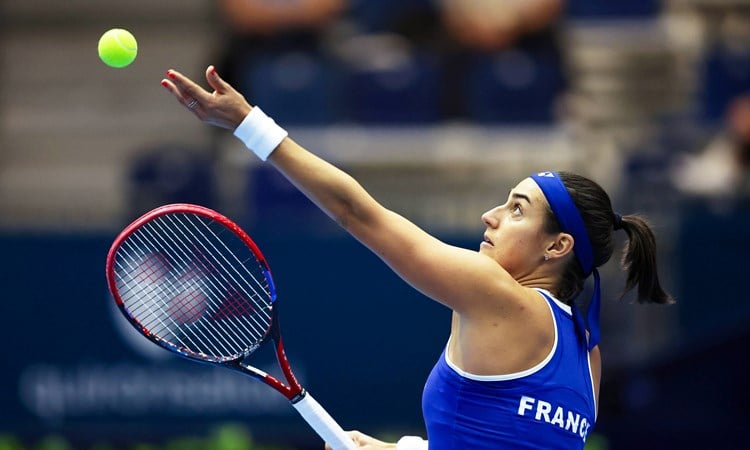
How tennis can help you live a longer, healthier life
• 3 MINUTE READ
According to a recent study, playing racket sports regularly could help you live longer, but other activities like football, rugby and running may not have as big an effect.
We know that sport is beneficial to health, helping keep weight down, lowering blood pressure and improving heart and lung function, but research indicates regularly playing tennis and badminton could halve your chance of dying young. What better reason do you need to pick up your racket and play tennis more often!
A study by Oxford University, and researchers in Finland and Australia, followed more than 80,000 adults aged 30 and over in England and Scotland for an average of nine years to find out if certain sports protected them against early death. It found that people who played racket sports regularly were the least likely to die over the study period, reducing their individual risk by 47% compared with people who did no exercise. Yet running appeared to have no impact at all on dying early, and neither did playing football or rugby. When the team looked just at the risk of death from cardiovascular disease, they found that swimming reduced the risk by 41%, racquet sports by 56% and aerobics by 36%. Running, cycling and football showed no protective effect. The research, which was published in the British Journal of Sports Medicine, analysed information from 11 annual health surveys for England and Scotland, carried out between 1994 and 2008 in which people were asked how much physical activity they had done in the previous four weeks, and whether it had made them breathless or sweaty. As well as the benefits to overall mortality, the researchers found that playing racket sports was associated with a 56% lower risk from heart death.
We think racket sports not only offer the usual physiological benefits, but also offer additional mental health and social benefits perhaps unique to these sports.
The scientists say the difference may lie in the social aspect which goes alongside sports like tennis and squash, which often involve clubs and organised activities outside of the game. It means that people often have larger social networks and tend to keep up activities into later life, both of which are proven to be good for health.
Dr Charlie Foster, associate professor of Physical Activity and Population Health at Oxford, said: “We think racket sports not only offer the usual physiological benefits but also offer additional mental health and social benefits perhaps unique to these sports. We had a younger group of team sports players and runners and we may not have enough deaths to see a difference at this point in time, another five years and we will know with more precision. One theory might be the team players struggle to graduate to new sports or activities once they stop playing, so they lose the benefits of their active younger days.”
There is so much evidence that physical activity, including sports participation and all kinds of exercises, are associated with a reduced risk of both non-communicable diseases and the risk of death, but the overriding message is that if you do sport, continue doing sport.
Ulf Ekelund, a physical activity epidemiologist at the University of Cambridge and professor in physical activity and health at the Norwegian School of Sport Sciences, in Oslo, said the key message from the research was not that one activity was more likely to stave off death than another, but that sport in general is beneficial.





